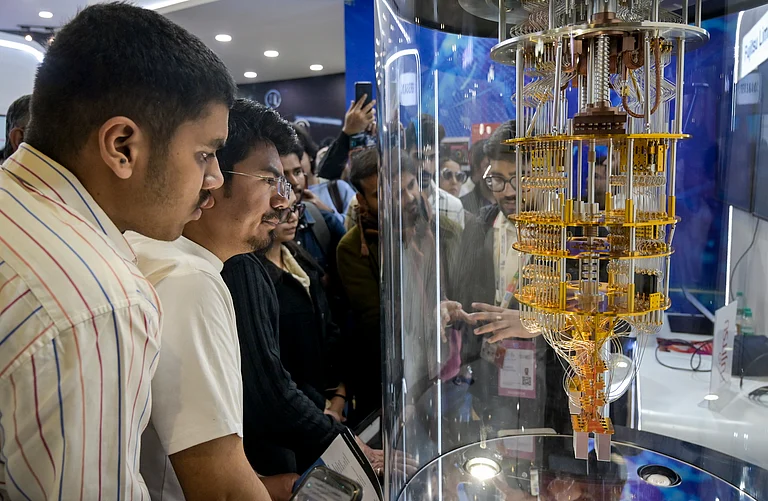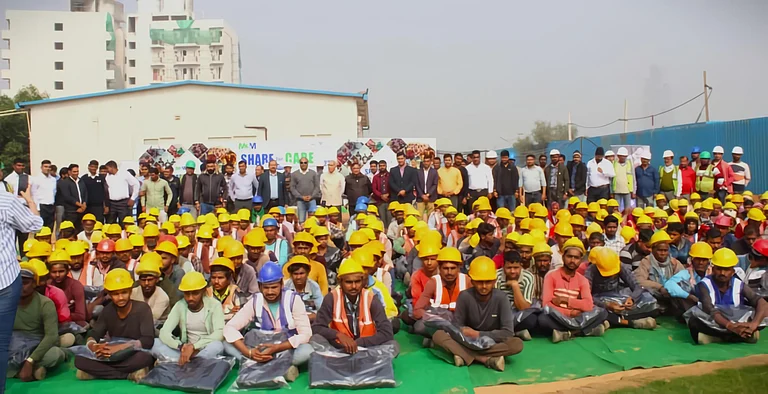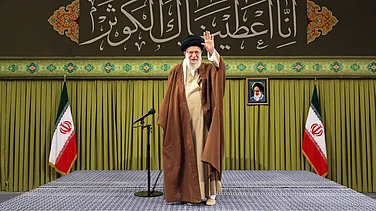
The move follows Trump’s proclamation raising the annual H-1B visa fee to USD 100,000, part of a broader crackdown on immigration and wage competition.
The new rules, expected to take effect for the 2026 lottery, come as India remains the largest H-1B beneficiary at 71% of approvals, with China second at 11.7%.
The Trump administration on Tuesday released a plan to restructure the H-1B visa selection process to better suit the higher-skilled and better-paid workers, according to a related Federal Register notice, Reuters reported.
The proposal comes after the U.S. President Donald Trump on Friday signed a proclamation increasing the annual fee for H1-B visas to USD 100,000
Tuesday’s bid would prioritise applications by job-givers who pay high wages if annual requests for the visas exceed the statutory limit of 85,000. The agenda of the move is to favour Americans over employees from foreign countries, and the wage competition.
The H-1B visa helps companies to outsource skilled workers hiring for foreign countries, and the fee restructuring is another step in Trump’s wider crackdown on immigration.
Following the latest visa hike announcement that caused panic among workers and employers, several major tech companies urged visa holders either to remain in the U.S. or to return quickly, triggering a chaotic rush to get back.
The Trump administration later clarified that the fee hike would apply only to new visa applications.
The September 23 proposal would replace the now-existing lottery system used to obtain the visas in scenarios when visa demands surpass supply in a given year, establishing wage tiers that give higher-paying jobs a greater likelihood of selection.
Reuters reported that as per the notice, the new rules could come into effect in place for the 2026 lottery, by the March registration period.
India emerged as the biggest recipient of H-1B visas last year, making up 71% of all approved beneficiaries, while China followed with 11.7%, according to official data, Reuters reported. The H-1B program allocates 65,000 visas each year for employers hiring temporary foreign workers in specialized roles, along with an additional 20,000 visas reserved for applicants holding advanced degrees.




























